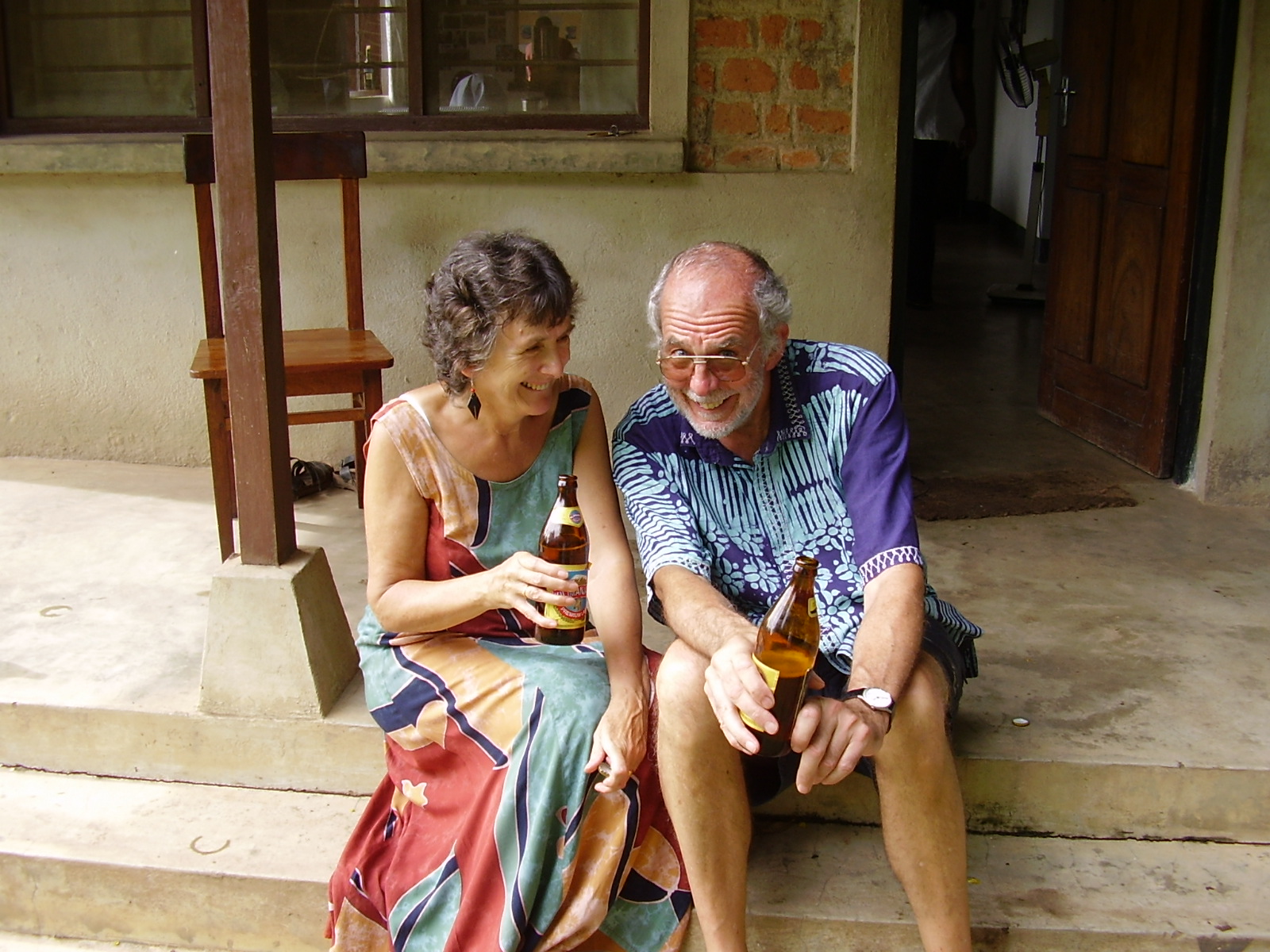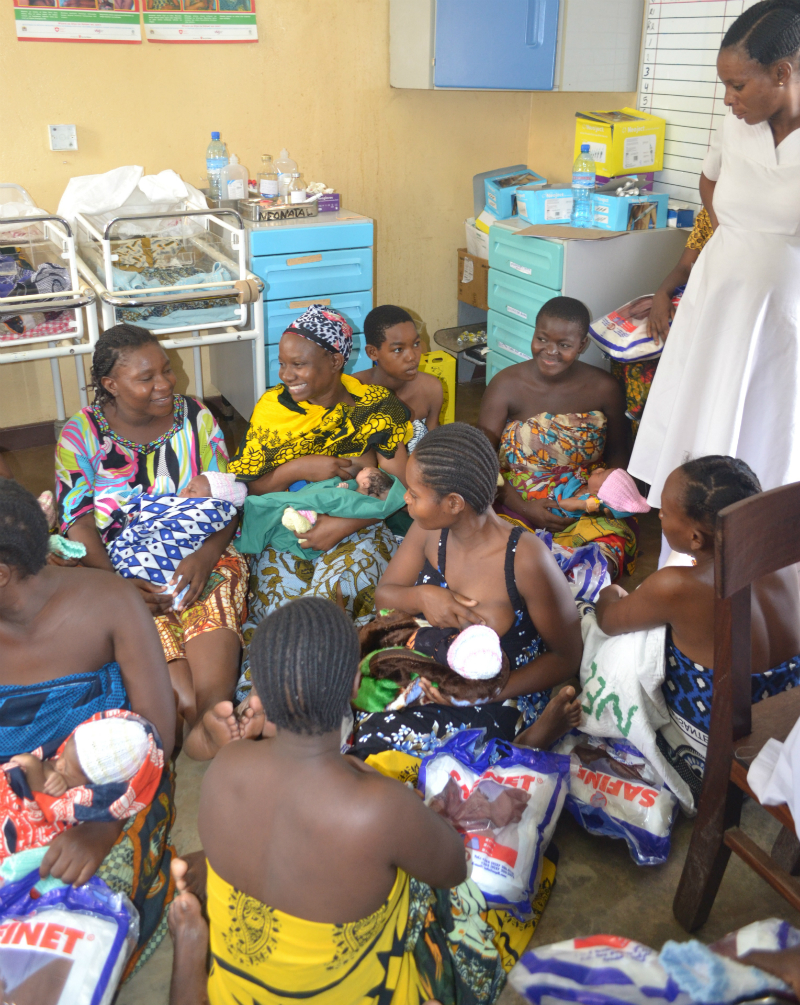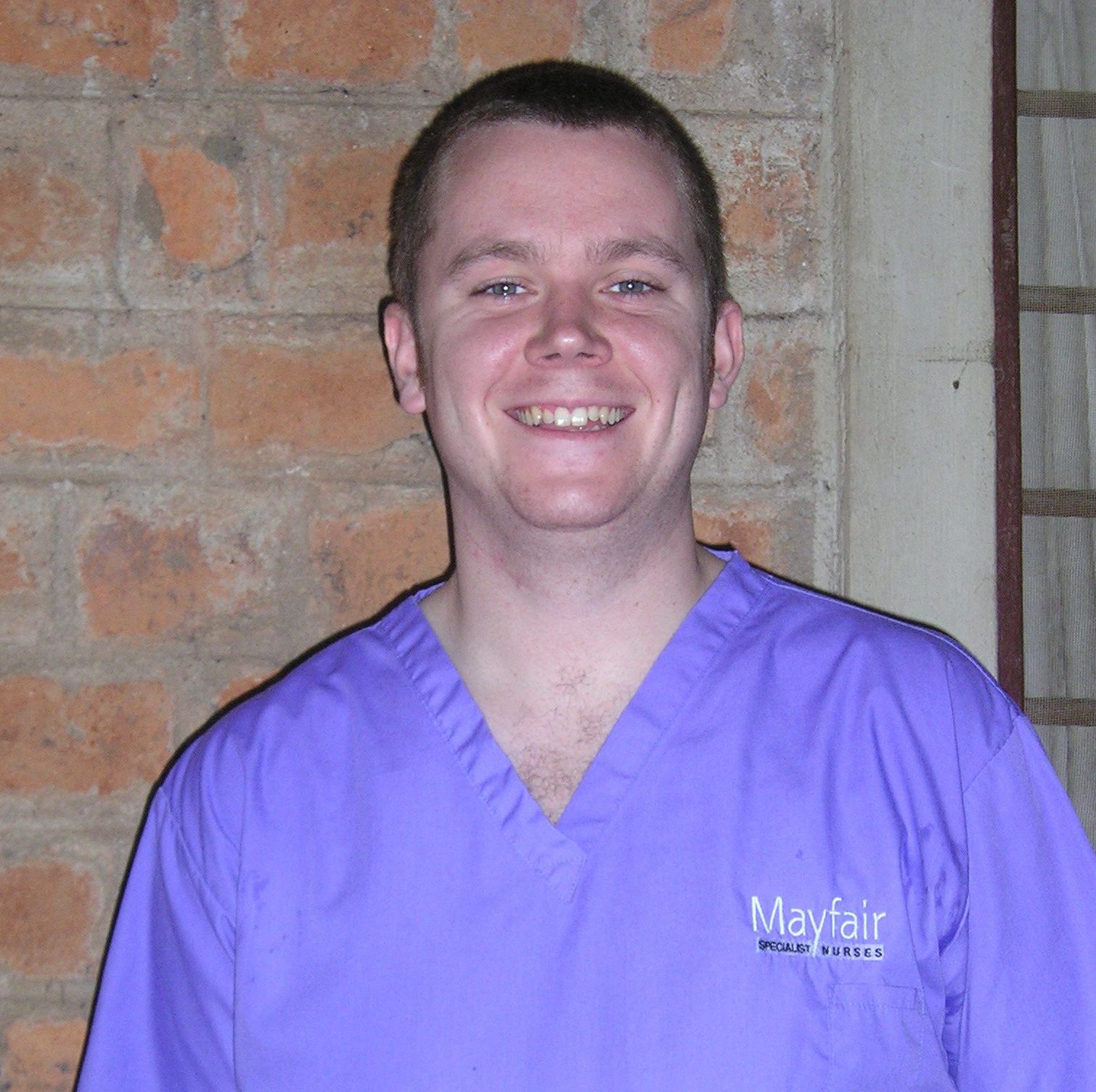Vicky is a Communicable diseases Pharmacist in Sheffield. In this blog, she tells the story of working in Ifakara, an experience that will stick with her forever.
“From 2003 to 2006 I worked as a pharmacist with Voluntary Service Overseas in a rural hospital in Ifakara, Southern Tanzania. I faced many difficulties, not least the lack of access to basic, lifesaving medicines.
Often this was due to lack of money, either in the hospital or with the patients themselves. If prescribed an injection, the patient paid for the medicine, syringe, needle and water for dilution! This frequently led to the situation where the drug was in stock, but the patient couldn’t afford to buy it. Fortunately the hospital subsidised many patients, but this put an enormous strain on finances, creating the vicious circle of no money to buy drugs, no drugs to sell to make money etc. It was a constant struggle to keep the pharmacy stocked.
Although assured I’d get used to drugs being out of stock, I never did, and one incident particularly sticks in my mind. Every morning clinical staff sat together to discuss the previous 24 hours, and unfortunately this often centered around patients who had died. On this occasion this involved a child who had been bitten by a rabid dog. We didn’t have the rabies vaccine in pharmacy because, at US$13 per dose and 5 doses per patient, it was decided that the hospital just couldn’t afford to buy it and supply to patients who undoubtedly wouldn’t have been able to pay. The result was that the child died.
When buying medicines in such a restricted environment, the needs of individuals must be balanced against the needs of the general population. For the cost of treating the little girl with rabies, the hospital could purchase 30,000 paracetamol tablets or 4,000 anti-biotic tablets. Far more patients could benefit from these, but that is no comfort to the family of that little girl. Decisions like these are made every day in health facilities in the developing world, but they shouldn’t have to be made. Access to good quality health care is a basic human right, but one which many people in countries such as Tanzania don’t have.
When discussing a topic such as this, the issue of drug donations crops up. While the intention is undoubtedly to help, often donations are of inappropriate medicines, which may be out of date or in too small a quantity to be of use. The key factor is responsible drug donations. If the medicines are carefully selected to respond to the common diseases in the recipient country and are of good quality and sufficient quantity, they can help to ease strain on budgets. If our hospital had received the paracetamol or antibiotics via a donation scheme such as Intercare, then maybe we would have been able to spend the money saved on keeping one or two treatment courses for rabies in the hospital.



